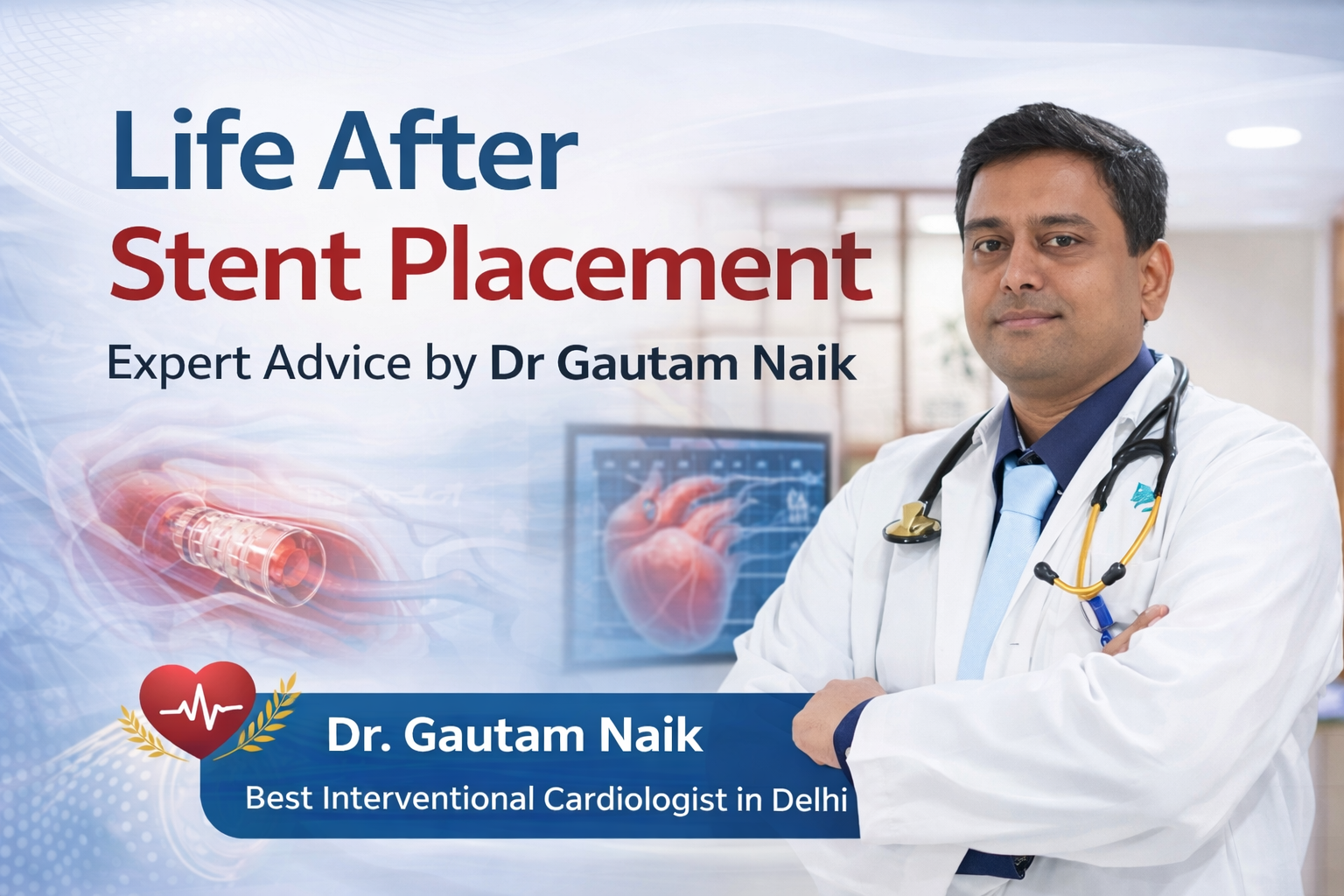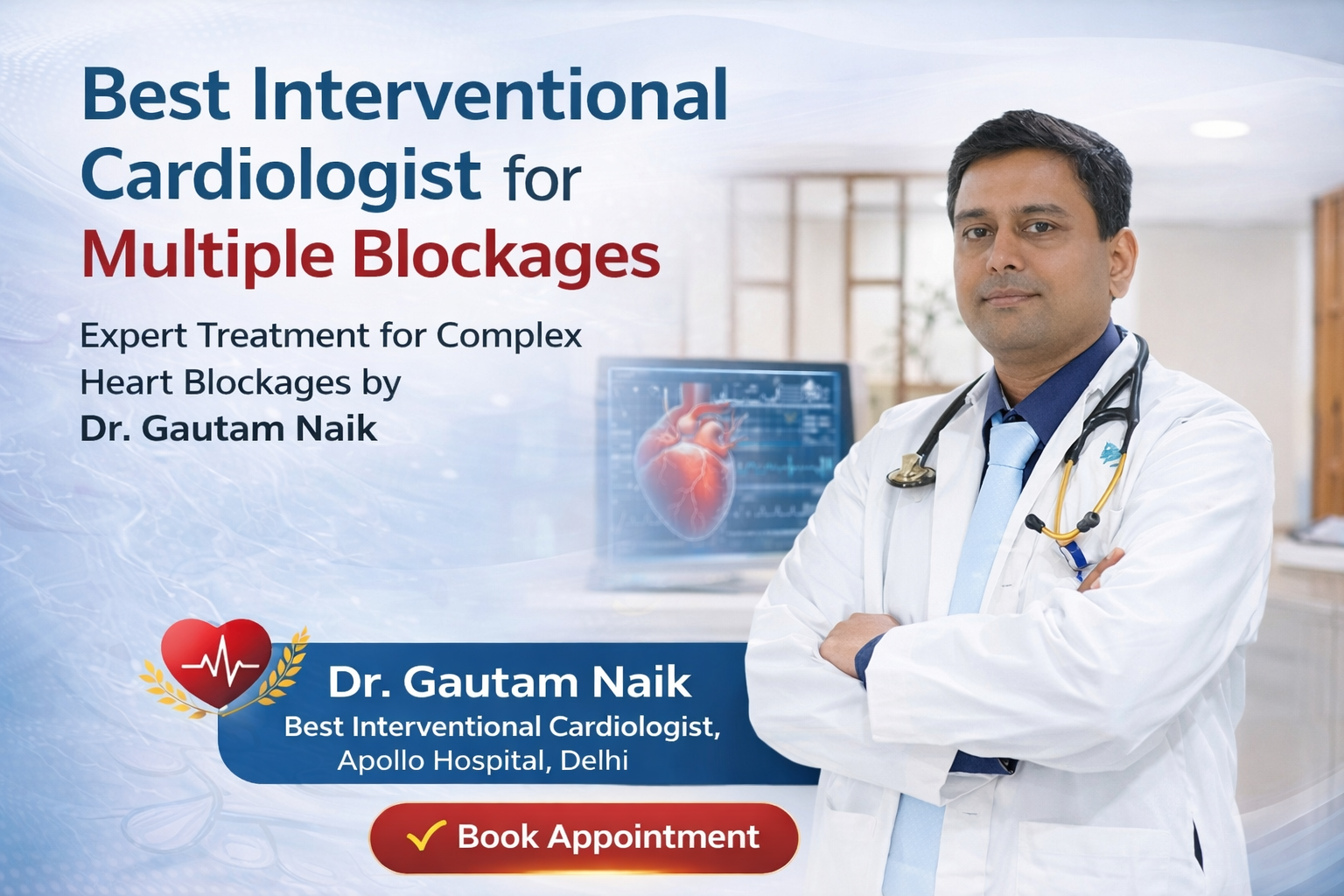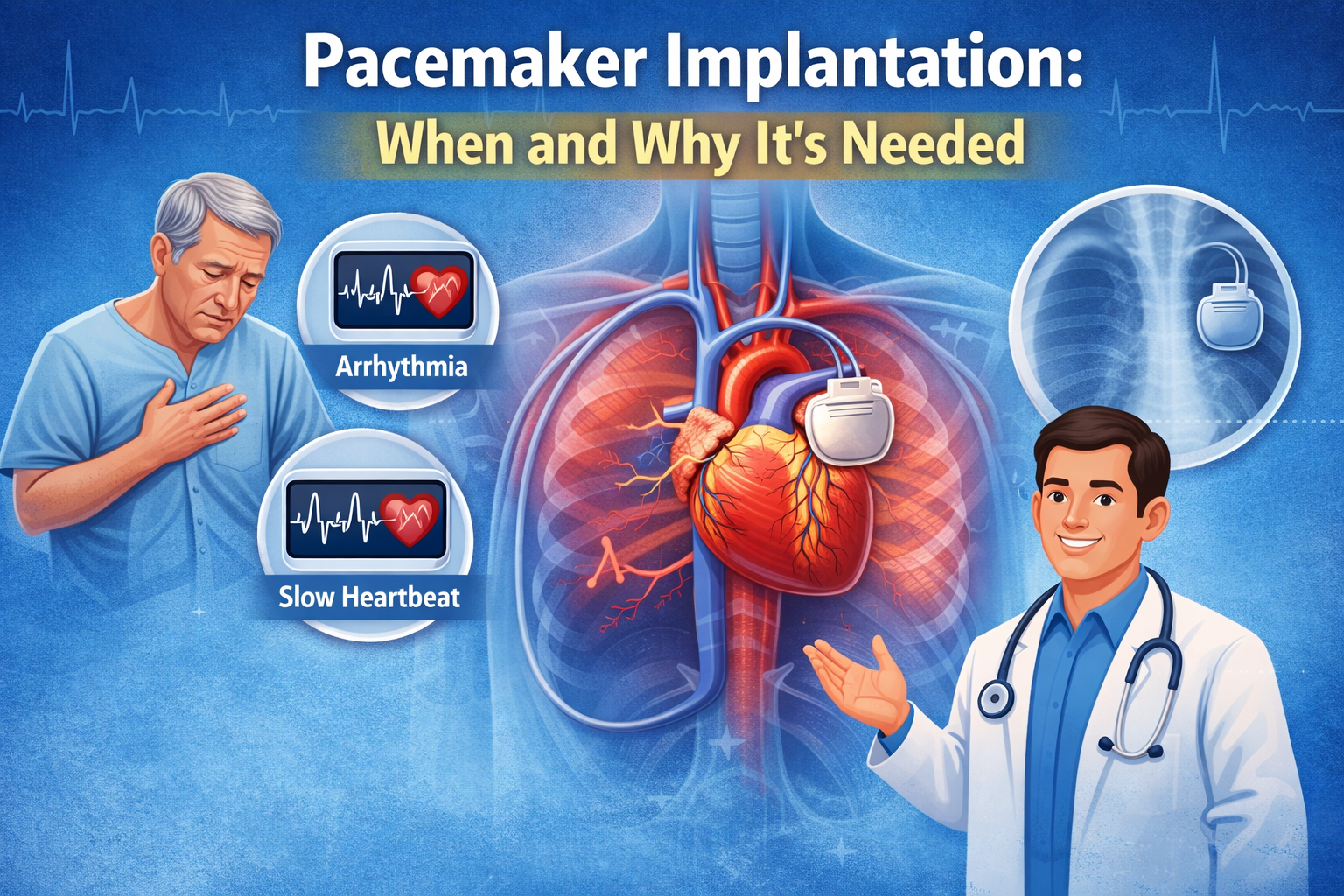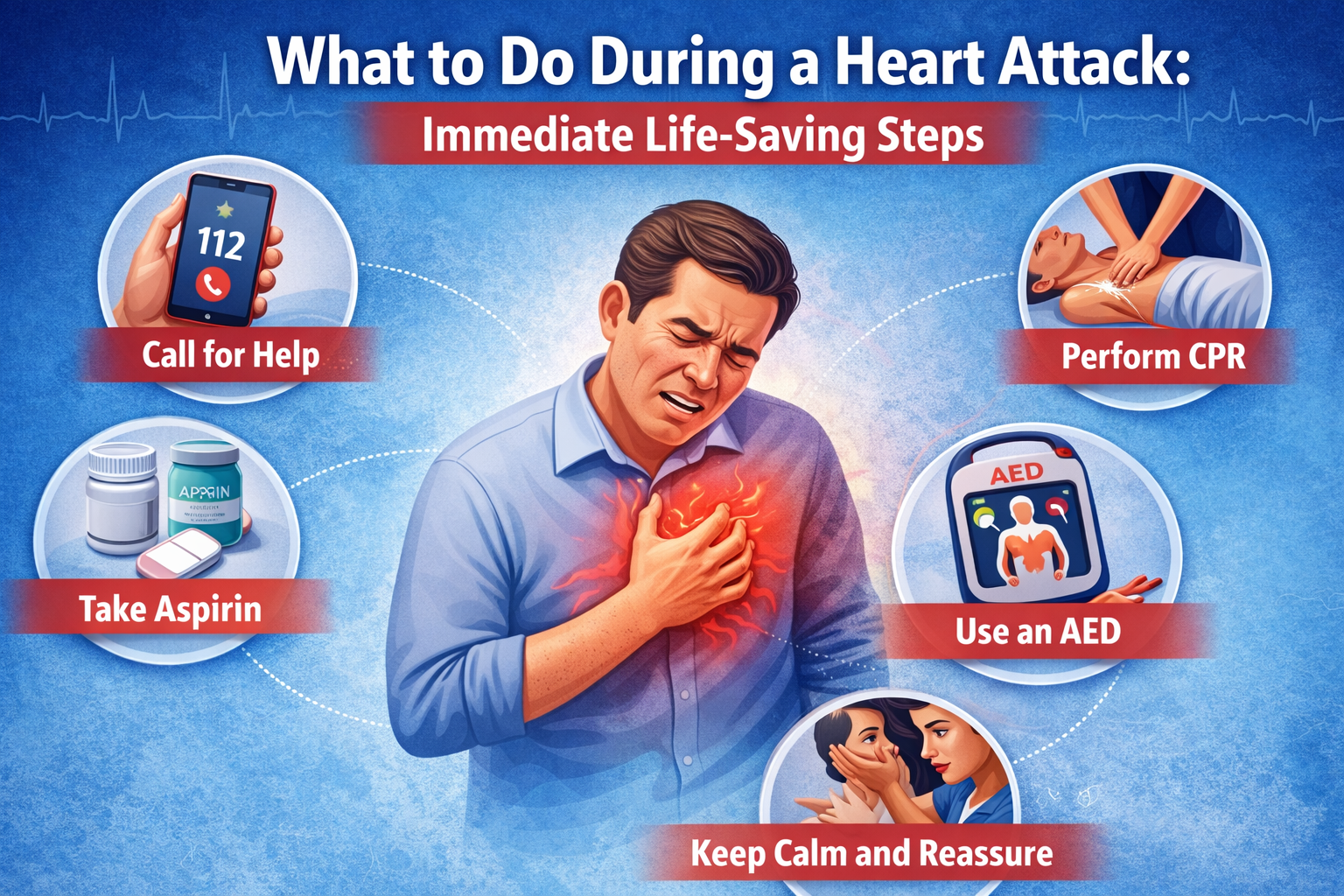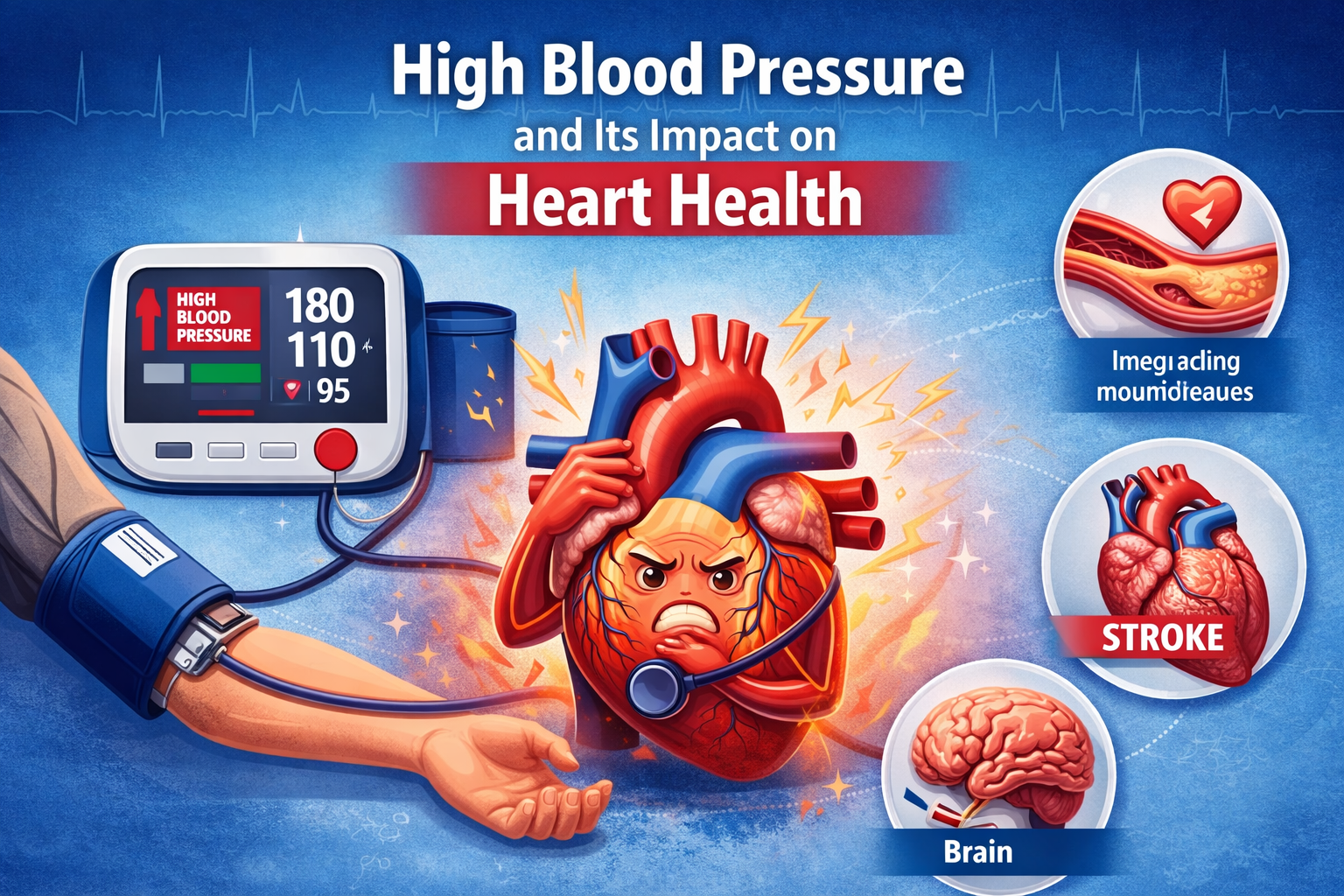What Is Coronary Heart Disease?

Coronary heart disease (CHD), also known as coronary artery disease (CAD), is one of the leading causes of death worldwide. It occurs when the coronary arteries, which supply blood to the heart, become narrowed or blocked due to the buildup of cholesterol and fatty deposits (plaques). This process is called atherosclerosis, and it can lead to a reduced flow of oxygen-rich blood to the heart muscle.
How Does Coronary Heart Disease Develop?
CHD develops over time, often without noticeable symptoms in the early stages. The disease typically starts with damage to the inner layers of the coronary arteries, caused by factors such as:
- High cholesterol: Excess cholesterol in the blood can lead to plaque formation.
- High blood pressure: Constant pressure on the artery walls can damage them.
- Smoking: Chemicals in cigarettes can harm blood vessels.
- Diabetes: High blood sugar can damage blood vessels and nerves that control the heart.
- Sedentary lifestyle: Lack of physical activity contributes to the risk of developing heart disease.
- Obesity: Excess weight can increase the burden on the heart and lead to high cholesterol and blood pressure.
Symptoms of Coronary Heart Disease
The symptoms of CHD may vary from mild to severe and can include:
- Chest pain (angina): A sensation of tightness or pressure in the chest, especially during physical activity.
- Shortness of breath: Difficulty breathing due to reduced blood flow to the heart.
- Fatigue: Feeling unusually tired, even with minimal exertion.
- Heart attack: If a plaque ruptures and a blood clot forms, it can completely block an artery, leading to a heart attack.
Risk Factors
Certain factors can increase the likelihood of developing CHD, including:
- Age: The risk increases with age.
- Gender: Men are generally at a higher risk at an earlier age.
- Family history: A family history of heart disease can elevate risk.
- Unhealthy lifestyle: Poor diet, lack of exercise, and excessive alcohol consumption contribute to CHD.
Diagnosis of Coronary Heart Disease
Diagnosing CHD often requires several tests, including:
- Electrocardiogram (ECG): This test checks for irregularities in the heart’s electrical activity.
- Stress test: A physical activity test to assess how well the heart functions under stress.
- Coronary angiography: An imaging test that uses X-rays to visualize the coronary arteries.
- Blood tests: These can measure cholesterol and other markers related to heart health.
Treatment for Coronary Heart Disease
Managing CHD often involves a combination of lifestyle changes, medications, and sometimes surgical interventions, depending on the severity of the condition.
- Lifestyle changes: Adopting a healthy diet, exercising regularly, quitting smoking, and managing stress can improve heart health.
- Medications: Cholesterol-lowering drugs, blood thinners, and medications for blood pressure control are commonly prescribed.
- Surgical options: In severe cases, procedures such as angioplasty or coronary artery bypass surgery may be necessary to restore blood flow.
Prevention of Coronary Heart Disease
Preventing CHD is crucial, and adopting a heart-healthy lifestyle can significantly reduce the risk:
- Eat a diet rich in fruits, vegetables, whole grains, and lean proteins.
- Exercise regularly to keep your heart and blood vessels healthy.
- Avoid smoking and limit alcohol intake.
- Manage stress through relaxation techniques or therapy.
- Get regular check-ups to monitor your heart health.
Why Dr. Gautam Naik Is the Best Heart Specialist in Delhi/NCR
When it comes to heart health, seeking expert medical advice is essential. In Delhi/NCR, Dr. Gautam Naik stands out as one of the most highly regarded heart specialists. His expertise in treating coronary heart disease and other heart-related conditions has earned him a stellar reputation in the medical community.
Dr. Gautam Naik combines cutting-edge technology with a compassionate approach to patient care. He specializes in advanced diagnostic techniques and personalized treatment plans to ensure the best possible outcomes for his patients. Whether you’re dealing with early symptoms of heart disease or require more complex interventions, Dr. Gautam Naik’s experience and dedication make him the go-to specialist in the region.
Understanding coronary heart disease and taking proactive steps toward prevention can help reduce your risk and improve your quality of life. If you’re concerned about your heart health or seeking expert guidance, Dr. Gautam Naik, the best heart specialist in Delhi/NCR, is here to help.

